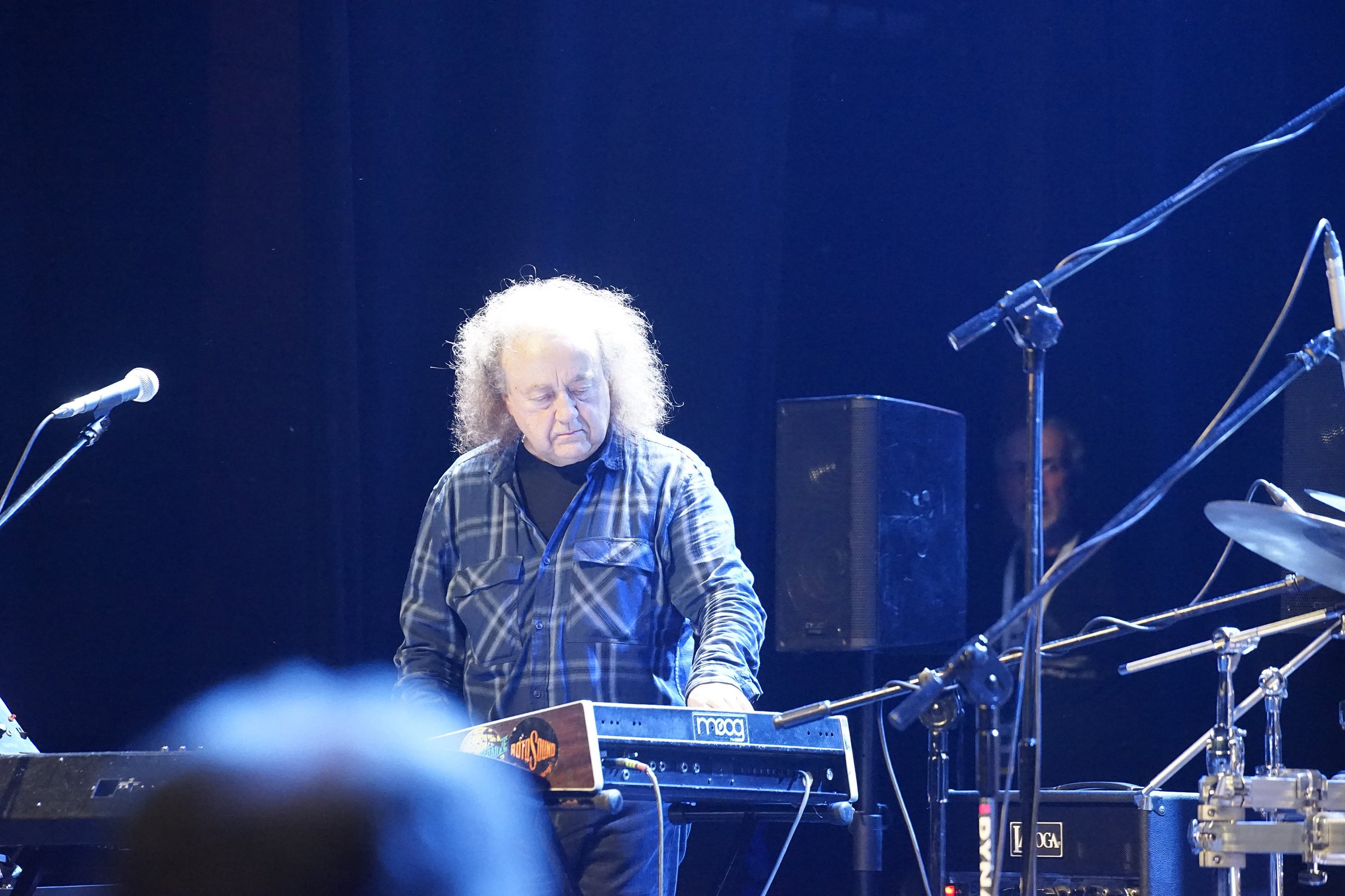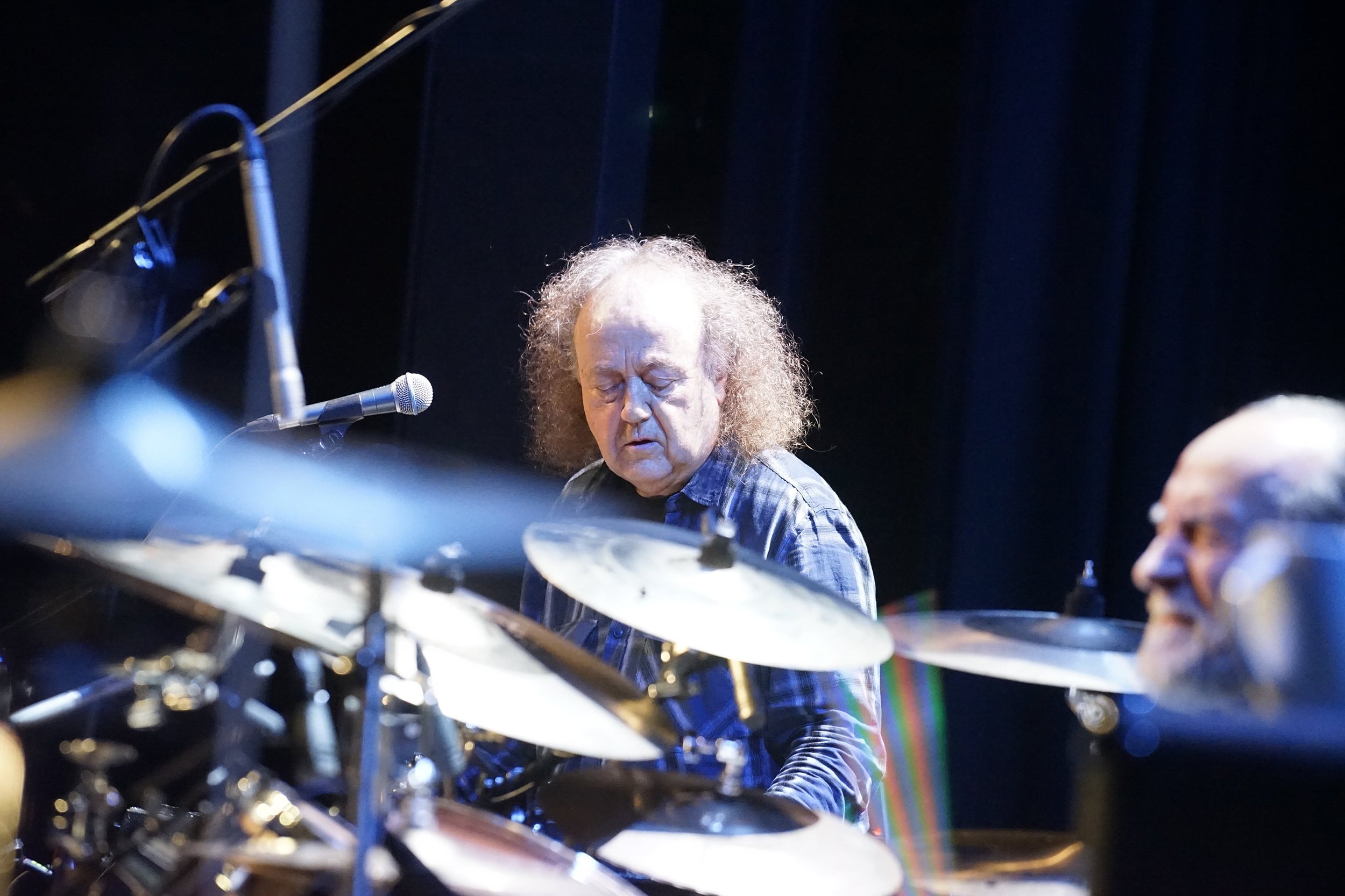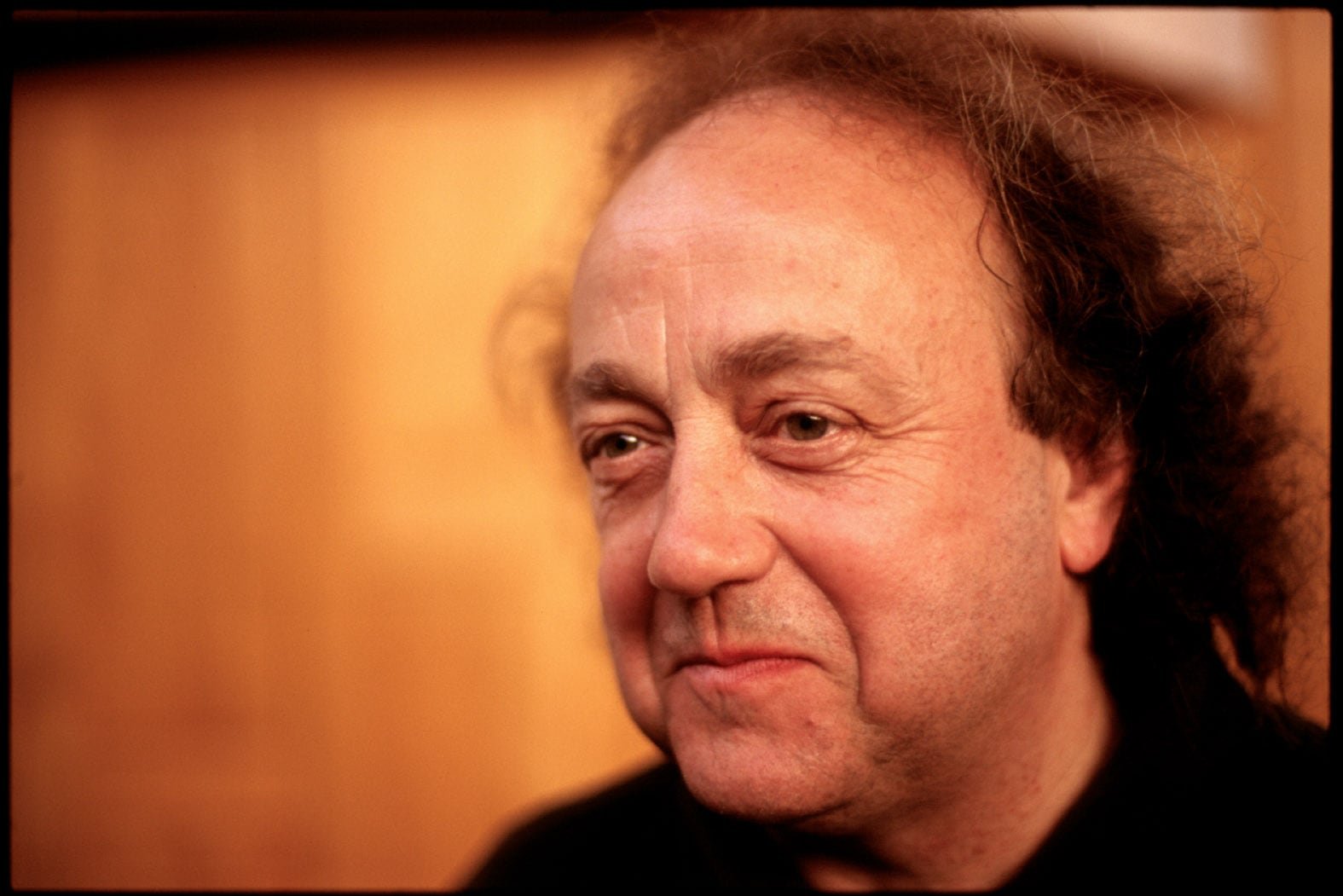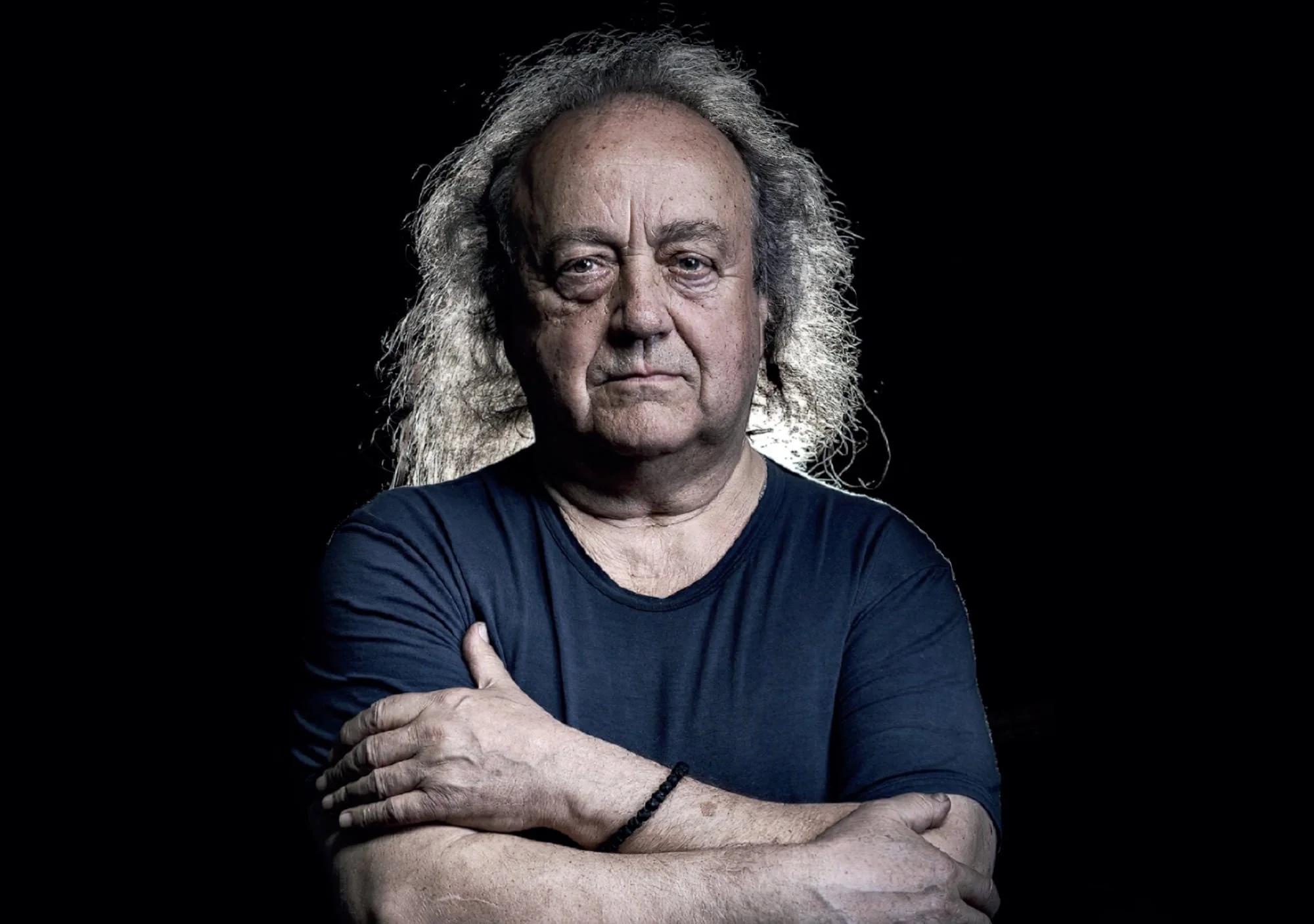Meet The Artist
Józef Skrzek
Jozef Skrzek is a musician, composer, multiinstrumentalist, and pioneer of new sounds in various spaces. He was classically trained in piano at the renowned Karłowicz Music School and a graduate of the Katowice Academy of Music. He is the founder of the progressive rock band SBB. This alone makes him legendary, however, his lifelong desire to innovate and create has resulted in collaborations with artists from all over the world. Skrzek is the creator of music ranging across a dizzying array of genres, never losing sight of his origins and always maintaining a creative perspective on art.
When he fires up his worn-out, battered Minimoog synthesizer, he has no equal. He is an undisputed virtuoso of the instrument - and this is only the beginning of Jozef Skrzek's many skills. Behind his distinctive bouffant of hair is an artist who has been an active and creative artist for over forty years. He keeps moving forward, looking for new forms of expression, surprising both listeners and himself.
He is not a man of one style - he sounded different as the expressive bassist of the group Breakout, different as the versatile multi-instrumentalist of the legendary SBB, different as a musician exploring the sounds of synthesizers underneath the vault of the Silesian Planetarium, and still different during expressive organ concerts. He is a brilliant improviser who has successfully entered into fascinating instrumental dialogues with such great artists as Tomasz Stanko, Michal Banasik and Thijs van Leer. Since the mid-1990s, he has successfully produced large-scale multimedia shows, setting them in such unusual locations as a silver mine, a lighthouse or the slope of Mount Stecowka. He also composes for theater and film, makes guest appearances in other projects and constantly performs concerts. And yet he collects numerous awards for his work, with the Golden Fryderyk at the top of the list. When does he find time for all this?
Jozef Skrzek (born 1948) began his musical adventure in the second half of the 1960s, graduating from the Mieczyslaw Karlowicz School of Music in Katowice. As early as 1970, he joined the lineup of the legendary Breakout band. In 1971, he founded the Silesian Blues Band trio, which - after two years of intensive work with Czesław Niemen as the Niemen Group - triumphed on stages around the world since 1974 as SBB - one of the most important Polish rock bands of all time. They played on stages with such stars as Bob Marley, Elton John, Soft Machine, Marillion, Deep Purple and Colosseum II. They have recorded dozens of albums, played several hundred concerts - and still, in the name of their motto - they seek, tear down and build up. Most recently, they performed with the National Polish Radio Symphony Orchestra on the album “I Come From Love.”
Since the late 1970s, Jozef Skrzek has pursued a versatile solo career. In addition to electronic and organ music (often intertwined), Jozef Skrzek does not forget his sources, regularly presenting piano recitals (such as “The Room of Deer”). He plays in Planetariums and natural settings, such as mountains, parks, the sea, and lakes - including the famous sunrise concert at the Sztynort sailing marina in the Masurian Lake district. He enjoys working with other artists, such as organist Henryk Jan Botor, percussionist Miroslaw Muzykant, vocalist Ella Skrzek, and Prof. Czeslaw Dźwigaj. He feels at ease among jazz artists (Tomasz Stanko, Tomasz Szukalski, Piotr Wojtasik), blues artists (Jan “Kyks” Skrzek, Tadeusz Nalepa, Ryszard Riedel), electronic musicians (Manuel Gottsching, Daniel Bloom, Paul Lawler), as well as folk music creators - with the Beskid highlanders (Zbigniew Walach and the Walasi group). He also composes scores - his compositions have adorned the soundtracks of films by, among others, Piotr Szulkin, Jerzy Skolimowski, Lech Majewski, countless theatrical productions such as the famous “Othello” of the TVP Theater, “Caligula” at the Warsaw Dramatic Theater during martial law, “Medea” with Krystyna Janda directed by Zygmunt Hubner, “History of the glorious resurrection of the Lord” with the Beskidy highlanders awarded the Golden Mask, or “Karlowicz - interpretations” directed by Adam Hanuszkiewicz at the Grand Theater in Lodz. .








